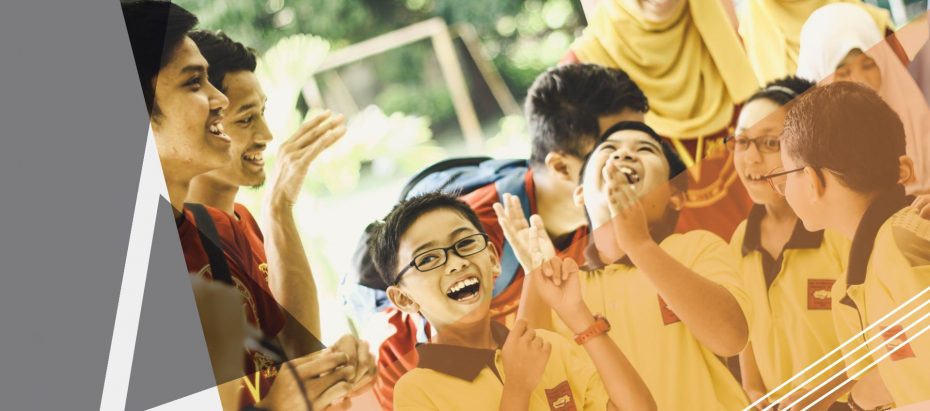Covid-19 has revealed global weaknesses in even the most robust of infrastructures. Around the world, leaders are scrambling to counter these weaknesses and prevent potentially disastrous social consequences.
Many healthcare systems are at bursting point, supply chains have been shocked, and some have ground to a halt, the tourism industry is on hold, oil prices have dropped to an 18-year low. Following government mandates to stay home and flatten the curve, globally more than 860 million children are now not in school.
It is no surprise that the most vulnerable are the hardest hit. Many have lost their jobs with only essential workers continuing to work, many in high risk conditions – making their new status as ‘front liners’ and ‘heroes’ somewhat bittersweet. As each one of us waits anxiously for the pandemic to end and the world to ‘get back to normal’ - education systems across the world have lurched clumsily into the world of online learning. Malaysia is no exception.
In lieu of a clear-cut directive, Malaysian public-school teachers have a blank slate. They can use any online learning platforms they wish to support students’ learning while they are at home. A 2018 report carried out by the Malaysian Communications and Multimedia Commission (MCMC) found that 87.4% of Malaysian households have access to the internet. This sounds promising. However, of this impressive figure, 93.1% of access is done via mobile devices – highlighting yet another weakness in the system.
B40 households are among those who access the internet primarily, via mobile devices. According to the same MCMC report, 30.9 million of mobile subscriptions are pre-paid, meaning families have limited data. Coupled with uncertain income over the next few months, many families may be faced with difficult decisions about what to prioritize.
While this is just one of the ways the digital divide is playing out, the consequences are stark. B40 students are among those least likely to have attended pre-school, often starting primary school behind their peers, struggling to access the curriculum without foundational literacy and numeracy. Typically, these students are streamed into the lower classes and, over time as the gap widens so do their chances of catching up with their peers. The current MCO is for at least 1 month, but Raya is approaching. The MCO may get extended further. What would an additional 2 to 3-month hiatus in B40 children’s education do? The gap between the haves and have nots is likely to increase with students who are struggling being the biggest losers in all this.
Given that online learning will probably not work for a large number of B40 households, any home learning solution needs to be accessible and empower every parent to provide minimal engagement learning activities. One solution, is through text messaging, be it WhatsApp, telegram, or traditional messaging. Schools can encourage minimal engagement as part of their overall strategy to support remote learning. They have parents’ contact details and can set up groups according to subjects or year groups. At LeapEd, we know school staff are stretched and so we are circulating LeapEd Bright Ideas daily to support both schools, parents and students. Sign up here to receive daily home learning ideas.
What is minimal engagement? Minimal engagement means having 10-15 minutes per day exploring books, talking about words, discussing what they have done today, making plans for tomorrow, counting or measuring items around the house – anything that encourages children to channel their curiosity to the overall aims of education.
Why only minimal engagement, aren’t we setting the bar too low? The reality is that if parents feel overwhelmed by what is being asked of them, they are likely to not engage at all. Many parents are now juggling employment, parenting and teaching and it simply isn’t feasible to expect parents to take on the role of full-time teachers.
If Covid-19 has shown us anything, it has shown us all the things we cannot control. What better time then, to work together to focus on the things we do have control over, like taking simple steps to increase equitable access to learning? While we acknowledge the digital divide and the need to keep expectations realistic, we also commit to working with others to take action one step at a time.


